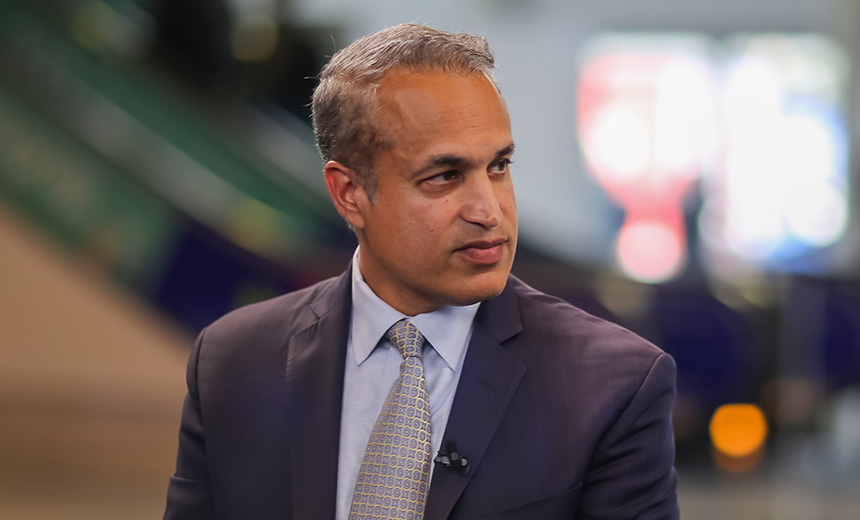Cybercrime,
Events,
Fraud Management & Cybercrime
FBI’s Sanjay Virmani on Recent Takedowns
Establishing strong collaborations with private sector entities and international partners is crucial in the fight against cybercrime, emphasizes Sanjay Virmani, the Special Agent in Charge of the FBI in San Francisco. His remarks highlight that a proactive strategy is key to improving incident response efficiency.
In reference to the recent Internet Crime Complaint Center report released by the FBI, Virmani noted that the agency identified cybercrime-related losses amounting to $16.6 billion last year. Among various threats, ransomware remains the most significant issue, particularly affecting senior citizens who are often the most financially vulnerable demographic.
Virmani elaborated on the FBI’s successful operations, including the notable LockBit operation, which showcased the agency’s ability to collaborate with law enforcement partners in nine countries to target primary actors and press charges.
In an interview with Information Security Media Group during the RSAC Conference 2025, Virmani also covered several important topics such as the evolving landscape of cyber threats, the necessity of fostering proactive public-private partnerships, and the FBI’s targeted focus areas within San Francisco.
Before his current role, Virmani held various positions at FBI headquarters, including Assistant Section Chief of the Counterterrorism Internet Operations Section and Unit Chief of the Cyberterrorism Unit, focusing on identifying and disrupting global cyberterrorist networks.
Understanding these dynamics is critical for business owners aiming to safeguard their organizations against cyber threats. Leveraging frameworks like the MITRE ATT&CK Matrix can provide insights into adversarial tactics, such as initial access, privilege escalation, and persistence strategies that attackers may employ. This knowledge is essential for developing robust defensive measures in an increasingly complex cyber environment.

